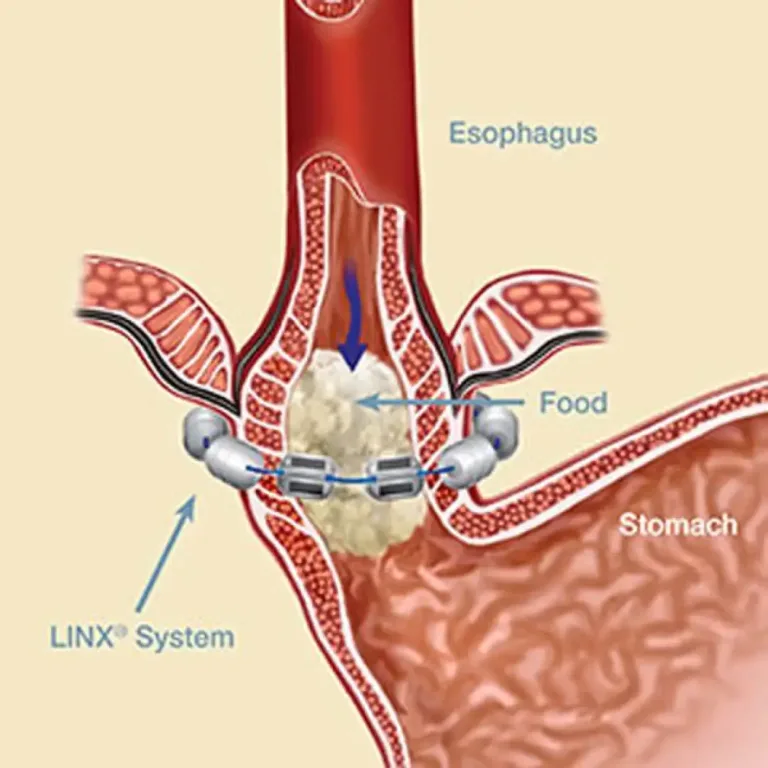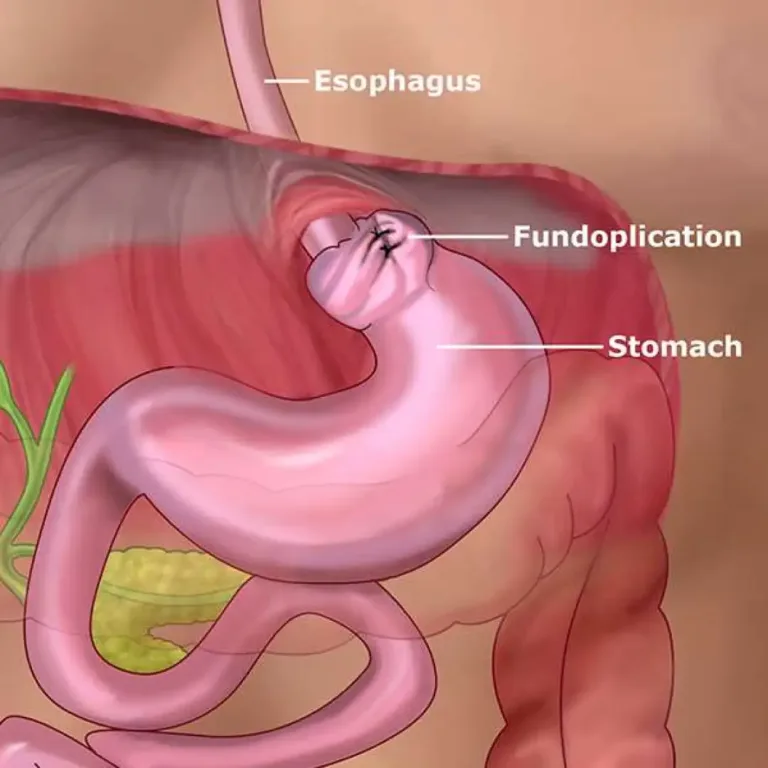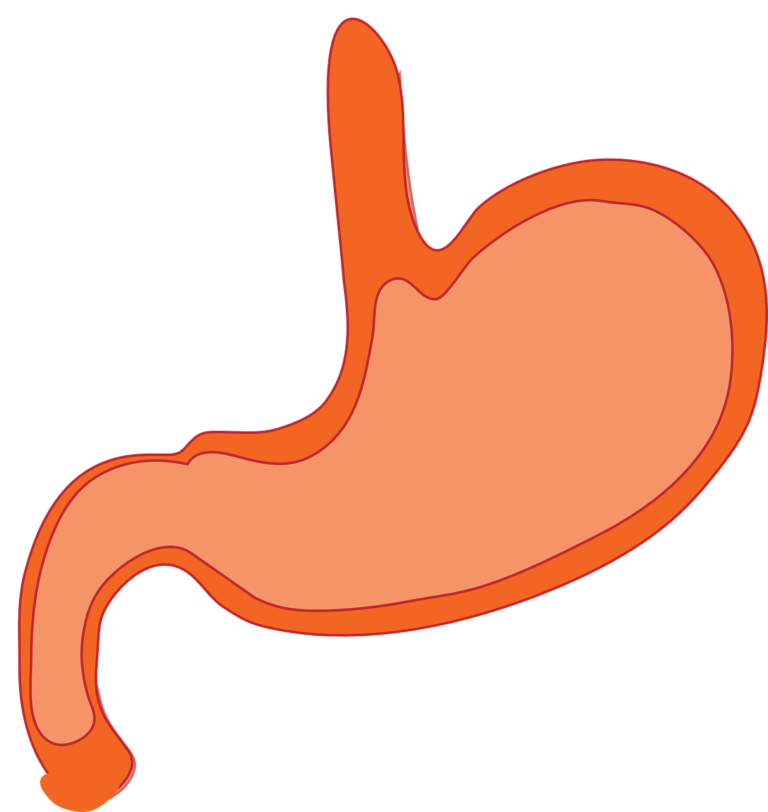Q: What is the enteric nervous system?
A: The enteric nervous system is a complex network of neurons and glial cells located in the wall of the gastrointestinal tract. It is sometimes called the “second brain” due to its ability to function independently of the central nervous system.
Q: What is the gut-brain axis?
A: The gut-brain axis is a bidirectional communication network that links the central and enteric nervous systems. This communication network plays a critical role in regulating various bodily functions, including digestion, mood, and immunity.
Q: What is the function of the enteric nervous system?
A: The enteric nervous system regulates various gastrointestinal functions, including peristalsis, secretion of digestive enzymes, and absorption of nutrients. It also plays a role in immune function and can modulate pain sensation.
Q: What are some common enteric nervous system disorders?
A: Enteric nervous system disorders include irritable bowel syndrome, inflammatory bowel disease, and gastroparesis. These conditions can cause various symptoms, including abdominal pain, diarrhoea, constipation, and nausea.
Q: How does the enteric nervous system interact with the gut microbiome?
A: The enteric nervous system communicates with the gut microbiome through various mechanisms, including releasing neurotransmitters and immune mediators. The gut microbiome can impact the function of the enteric nervous system, and disruptions to the microbiome can lead to gastrointestinal disorders.
Q: How is serotonin involved in the enteric nervous system?
A: Serotonin is a neurotransmitter produced by the enteric nervous system and plays a critical role in regulating intestinal motility, secretion, and pain perception. Disruptions to the serotonin system can lead to gastrointestinal disorders such as irritable bowel syndrome.
Q: How is serotonin involved in the enteric nervous system?
A: Treatment for enteric nervous system disorders varies depending on the specific condition and symptoms. Options may include medications, dietary changes, and lifestyle modifications.





